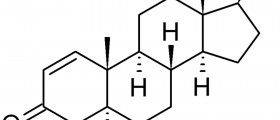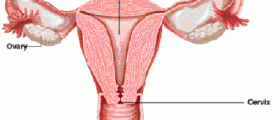
When a female experiences low levels of FSH, the effects on her body and reproductive system can be very traumatic. The condition is not something that can be diagnosed by an amateur and needs to be addressed by a fertility specialist in order to be handled and treated in the best way possible. For some couples trying to conceive, a hormonal imbalance may be the culprit behind the inability to get pregnant. Through performing a battery of tests on both the female and male, fertility experts can pinpoint the reasons behind infertility and correct the problem through medical means.
Medical treatment for low FSH levels in women will depend largely on the underlying etiology and any other problems she may be experiencing. Treatment options for low FSH levels in females can be treated using a combination of hormone replacement, surgery and other medical methods. The outcome of said treatment will depend upon a variety of different factors such as the age and overall health of the individual, response to treatment and what the desired outcome for the patient. A woman should always seek medical attention when experiencing the symptoms of a hormone imbalance and follow the advice of her physician in order to prevent any possible side effects and to achieve the best results.

















Your thoughts on this
Loading...